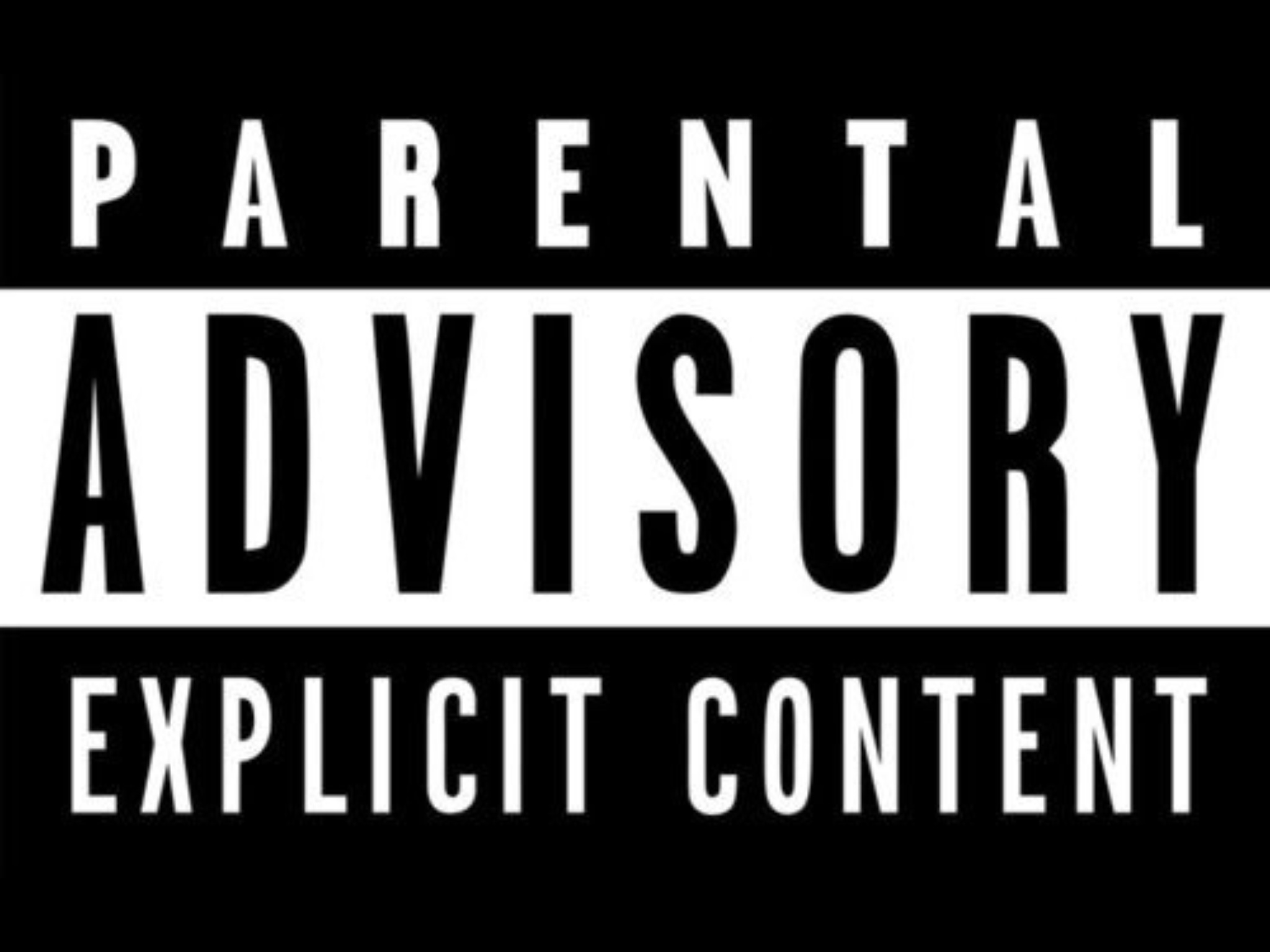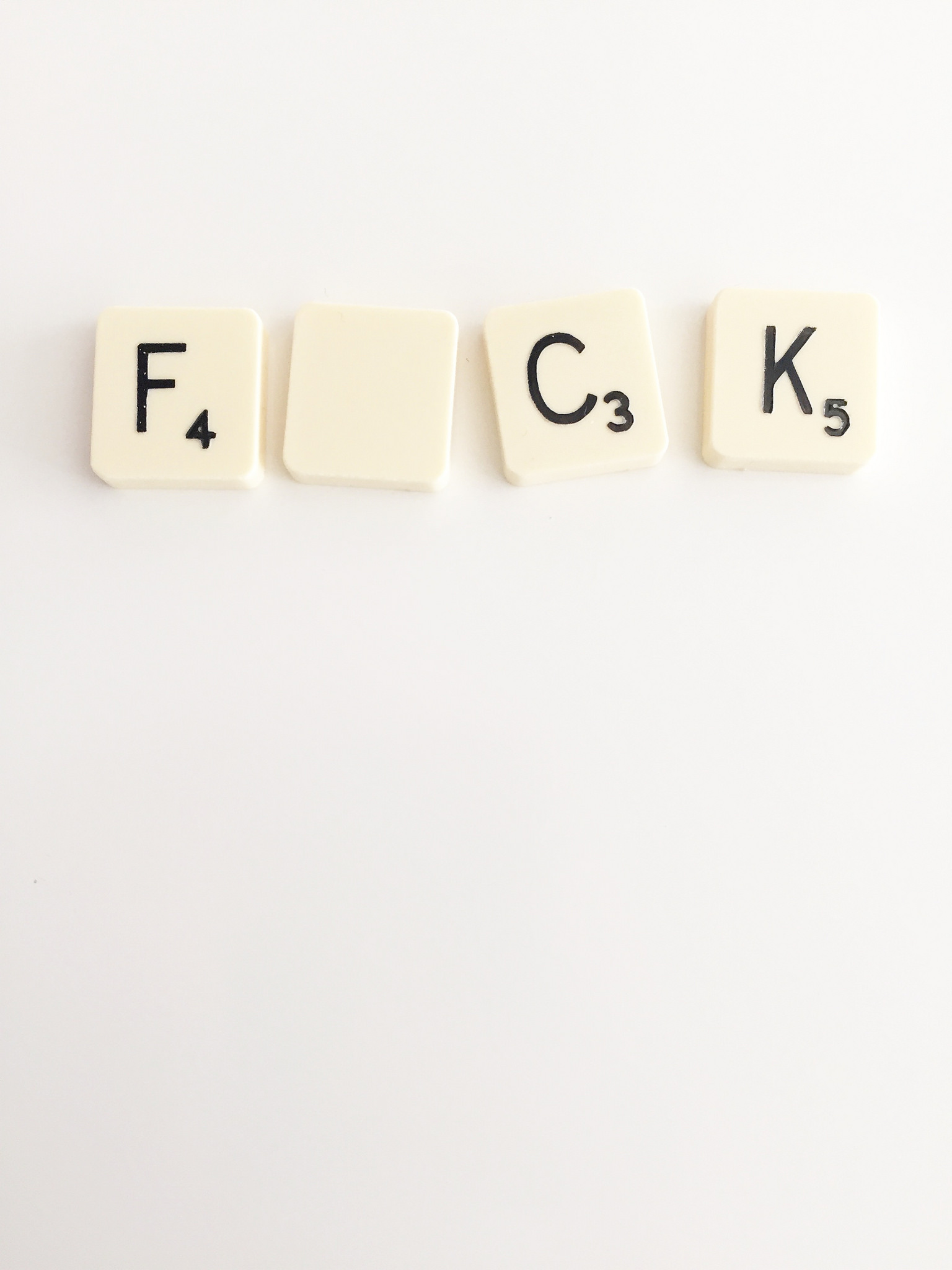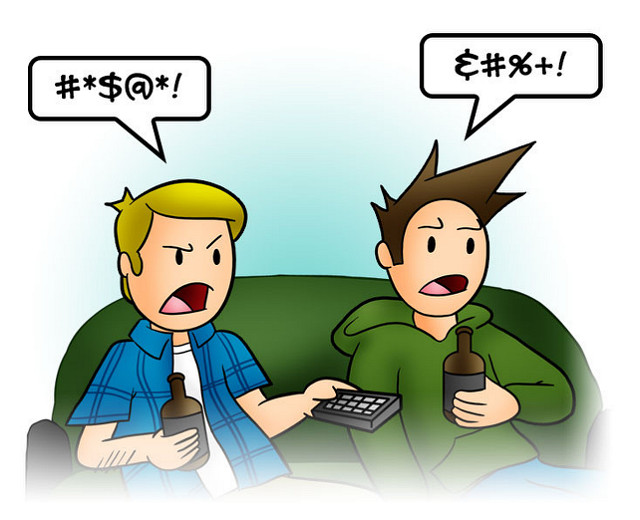Why Cursing Feels So Damn Good
We’ve all let out an expletive (or five) when bashing a knee into the corner of the table or standing on a piece of lego. It’s a knee-jerk response, and let’s face it, it feels good. But did you know that not only is swearing in these situations sweetly satisfying, it also helps relieve the pain?
Photo via Threeboy on Flickr
It’s *bleeping* science, man
A study conducted by Richard Stephens, a psychologist at England’s Keele University, tested how long college students could keep their hands in cold water. During the experiment they were allowed to repeat one expletive of their choosing, without yelling it. The experiment was then repeated using a neutral word, in this case a non-emotive word to describe a table. When swearing, students reported feeling less pain, and were able to endure the pain and keep their hand in the water for an average of 40 seconds longer than their non-cursing counterparts.
Along with this increased pain tolerance, students also had an increase in their heart rate while swearing. The study concluded that when cursing, a fight or flight response is triggered, which in turn lessens pain.
Stephens admits his curiosity about the link between swearing and pain came about when his wife was in labor and was shouting out impressive profanities during contractions. The midwife noted that this was a common reaction for women giving birth. So he set out to see if this natural reaction to pain actually helped, and proved that it does.
He’s not the only person fascinated by this link between foul language and pain relief.
Some studies suggest that swearing, unlike normal language, activates evolutionary structures deep inside the right half of the brain. The amygdala is one of those structures. Researchers say that when we swear, our heart rate rises, activating the amygdala, and the fight-or-flight response. The theory is that swearing is a defensive reflex, a deep evolutionary instinct, and signals an attempt to intimidate an attacker.
Of course, swearing isn’t just an animal instinct. It is also a socially taught mechanism, despite the taboos about profanity. From childhood, we learn to associate swearing with emotionally-charged situations, such as injuring oneself, and conflict. This might come from seeing your otherwise polite parent letting a few choice words rip when slamming an elbow into a piece of furniture, or seeing a sportsman angrily shout expletives at a referee or himself.
Forbidden words become fun to use, along with the natural desire to try out the things polite society deems are unacceptable. Part of the thrill of swearing comes from this designation of certain words to the naughty list.

Photo via Wikimedia
How much we swear also often depends on these early influences. Kids surrounded by swearing at home and at school, for example, or likely to swear more, but at the same time to see swearing as less of a big deal.
And this brings us to the caveat, since there always is one. The more you cuss, the more a good curse loses it potency when it comes to relieving pain. So it may be a good idea to save up those profanities for when you need them the most.
Some more f***ing cool benefits to cursing
Turns out pain relief isn’t the only good justification for swearing. As demonstrated by Stephens’s experiment, swearing produces a physical and emotional response in us. So even when you’re not in physical pain, yelling out some curse words can bring you a necessary emotional release as well.

Photo via Flickr
Of course, we don’t just use cursing in stressful and painful situations. Social situations often attract profanities in a more light-hearted manner, adding color to our stories, emphasizing our points and so forth. Linguist Dr. Monika Benarek has said that “Swearing is important for creating close relationships, friendship or intimacy with others, and bonds can be formed around it.”
In other words, when you’re standing around a barbecue with your mates, adding a couple of swear words to your speech can be a great way to bond (depending, of course, on the sensibilities of your friends).
It’s also an incredible way to be creative with language. Look at the simple four letter word “fuck”. The possibilities are abso-fucking-lutely endless. It can be a verb, an adjective, an adverb, and everything in between. Or you can show off your language skills by switching up your language, and expressing yourself in French (merde), Spanish (hijo de mil putas!) or something really guttural like German (scheisse) or Afrikaans (fok).
Learning another language? Take a level test here to check your skills!
While we wouldn’t go so far as to say drop all pretenses of polite language and swear to your heart’s content, there’s certainly no reason to feel guilty for uttering a couple of profanities. So the next time you hurt yourself, go ahead and let out a loud motherf***ing curse word – it might just help!



